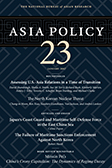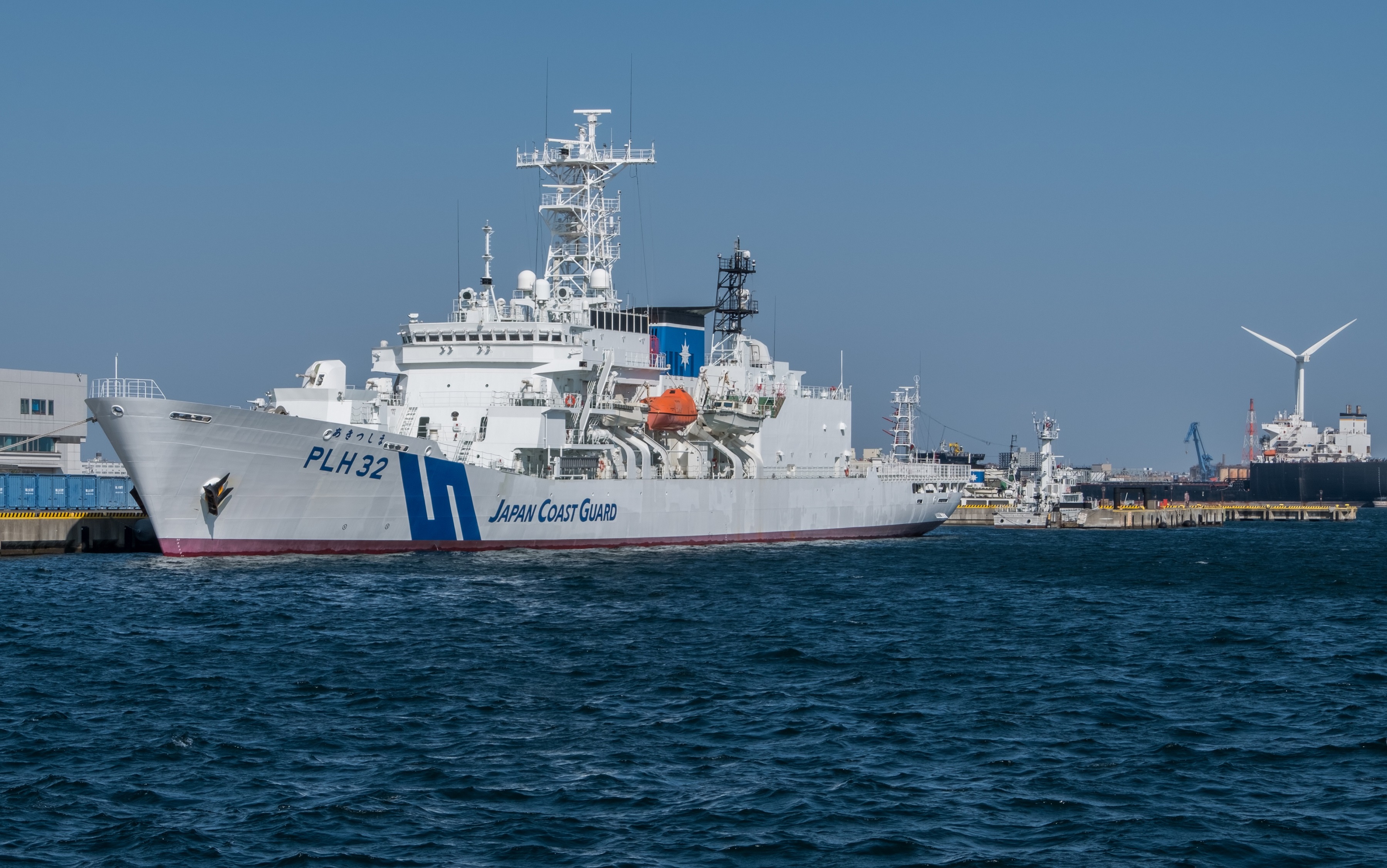Japan’s Coast Guard and Maritime Self-Defense Force in the East China Sea: Can a Black-and-White System Adapt to a Gray-Zone Reality?

This essay examines the need for growing coordination between the Japan Coast Guard (JCG) and the Japan Maritime Self-Defense Force (JMSDF) to better cope with gray-zone situations.

Coping with gray-zone situations is particularly challenging for Japan because its security posture is based on a binary system that complicates coordination between civilian and military agencies. In Japan, gray-zone situations generally refer to the challenges raised by China’s maritime activities around the disputed Senkaku Islands, creating situations that are neither peacetime nor wartime contingencies. Dealing with such situations requires careful and close management of law-enforcement contingencies that might escalate into military conflicts. Japan’s unique security system has so far prevented the adoption of a legal framework to regulate the coordination between the civilian JCG, which is primarily responsible for securing national waters, and the military JMSDF, which intervenes if a situation worsens. Despite some progress, legal and technical issues still prevent optimal cooperation between the two agencies, thus undermining Japan’s ability to respond to current challenges in the East China Sea.






